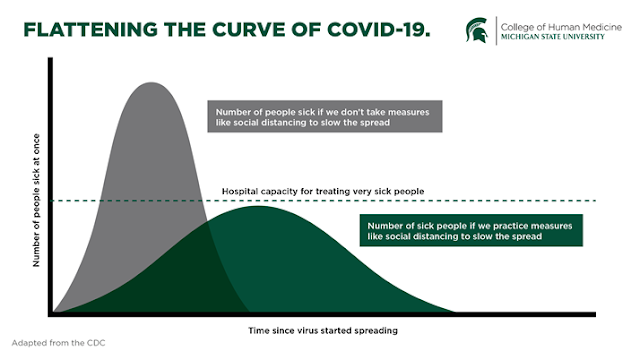CHM Admissions Statement Regarding COVID-19 and Winter/Spring Coursework for Current and Future Applicants

These continue to be very unusual times. As such, we recognize that the COVID-19 crisis is life-disrupting for everyone and that colleges and universities are navigating this crisis in varying ways. Many of our current and future applicants are facing uncertainty about how 2020 winter and spring courses will continue and be graded, including coursework that is traditionally considered prerequisite or recommended for many medical school admissions processes. The challenge for medical school admissions committees is that accurate and specific information is always preferred. When committees are faced with ambiguity, their bias may factor a pass as a “C/D” or 2.0/1.0 rather than a higher grade. So, if you have an option to proceed with a letter grade for prerequisite coursework, many schools (including the College of Human Medicine) would prefer this option. For those of you in which a Pass/Fail or Satisfactory/Unsatisfactory grade is rendered for any of these courses, CHM will w




